Profound autism
Recent articles
Expediting clinical trials for profound autism: Q&A with Matthew State
Aligning Research to Impact Autism, a new initiative funded by the Sergey Brin Family Foundation, wants to bring basic science discoveries to the clinic faster.

Expediting clinical trials for profound autism: Q&A with Matthew State
Aligning Research to Impact Autism, a new initiative funded by the Sergey Brin Family Foundation, wants to bring basic science discoveries to the clinic faster.
Brain organoid size matches intensity of social problems in autistic people
Overgrown organoids could point to mechanisms underlying profound autism.
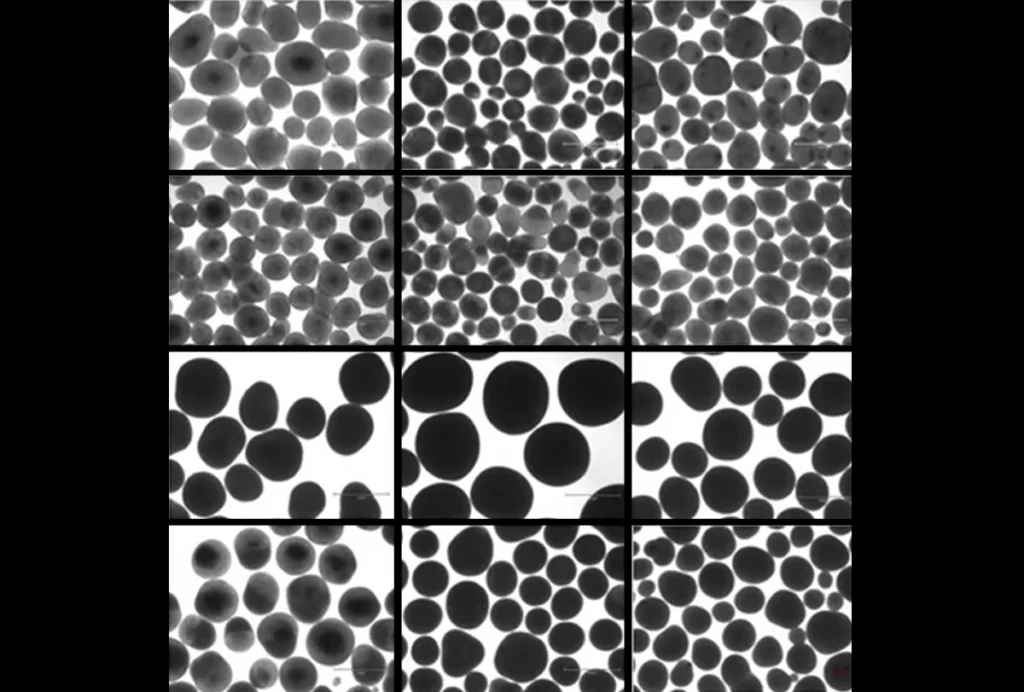
Brain organoid size matches intensity of social problems in autistic people
Overgrown organoids could point to mechanisms underlying profound autism.
Pinning down ‘profound autism’ for reliable research: Q&A with Matthew Siegel
A clear and actionable definition for the term could enhance research and improve care, Matthew Siegel says.

Pinning down ‘profound autism’ for reliable research: Q&A with Matthew Siegel
A clear and actionable definition for the term could enhance research and improve care, Matthew Siegel says.
Building bridges: Collaboration across the autism community
An autistic person and the mother of an autistic child explore partnership in the autism community.
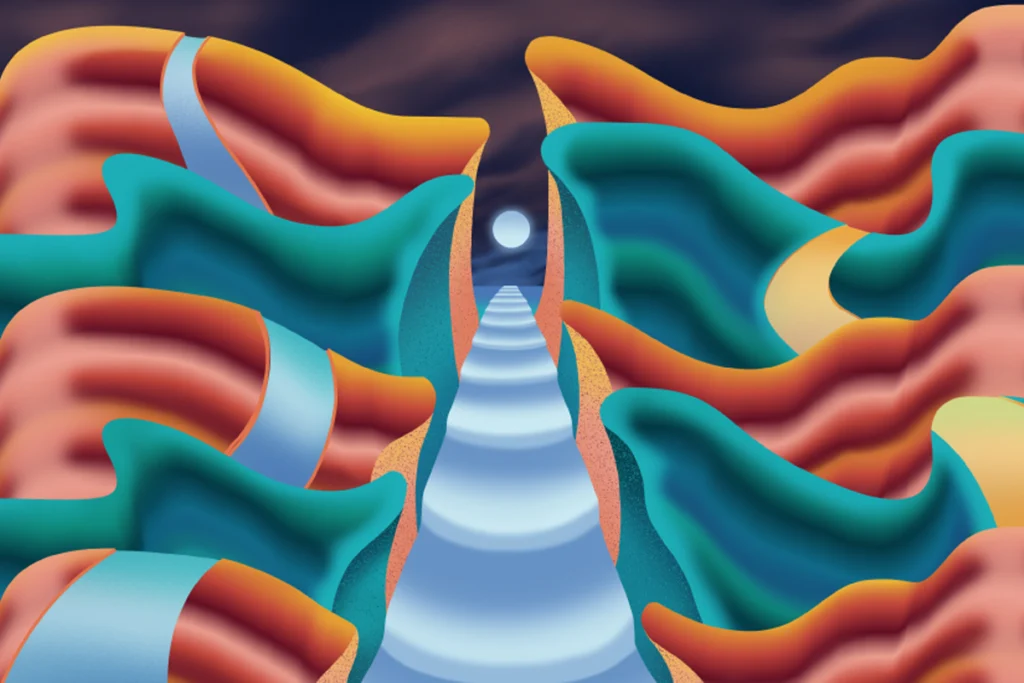
Building bridges: Collaboration across the autism community
An autistic person and the mother of an autistic child explore partnership in the autism community.
Weaponized heterogeneity only harms the most vulnerable autistic people
Focusing on aspects of autistic experience that we all share may lead more quickly to our shared goal of improved outcomes for all autistic people.

Weaponized heterogeneity only harms the most vulnerable autistic people
Focusing on aspects of autistic experience that we all share may lead more quickly to our shared goal of improved outcomes for all autistic people.
It’s time to embrace ‘profound autism’
My experience at the Autism-Europe International Congress — and as a parent of a child with profound autism — makes me more convinced than ever that we need to bifurcate the diagnosis of ‘autism spectrum disorder’ and add a new diagnosis of ‘profound autism’ to better serve this vulnerable population.

It’s time to embrace ‘profound autism’
My experience at the Autism-Europe International Congress — and as a parent of a child with profound autism — makes me more convinced than ever that we need to bifurcate the diagnosis of ‘autism spectrum disorder’ and add a new diagnosis of ‘profound autism’ to better serve this vulnerable population.
New program offers $35K grants to study ‘profound autism’
People who have ‘profound autism’ — those with severe intellectual disability, limited communication abilities or both — tend to be excluded from research. The Autism Science Foundation seeks to change that.
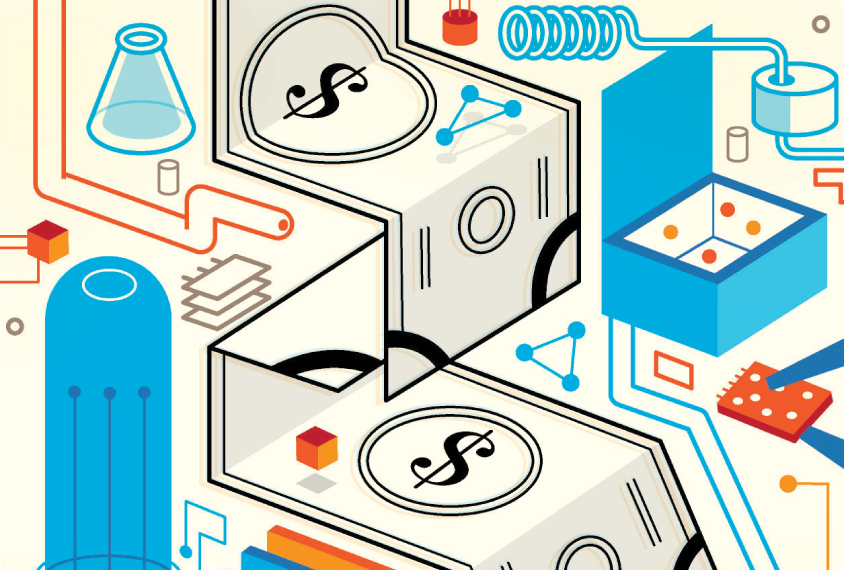
New program offers $35K grants to study ‘profound autism’
People who have ‘profound autism’ — those with severe intellectual disability, limited communication abilities or both — tend to be excluded from research. The Autism Science Foundation seeks to change that.
Mapping the futures of autistic children
Researchers can roughly project what autistic children's lives will look like years down the road. But how good is their crystal ball — and what are its benefits?
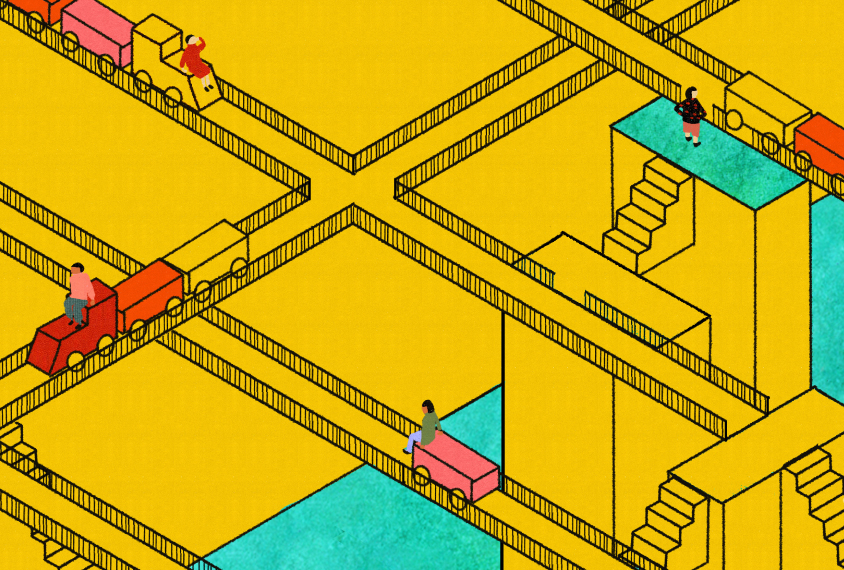
Mapping the futures of autistic children
Researchers can roughly project what autistic children's lives will look like years down the road. But how good is their crystal ball — and what are its benefits?
Big brain may mark subtype of autism
Autistic boys with large brains in early childhood still have large brains in adolescence, challenging the long-standing idea that brain enlargement in autism is temporary.
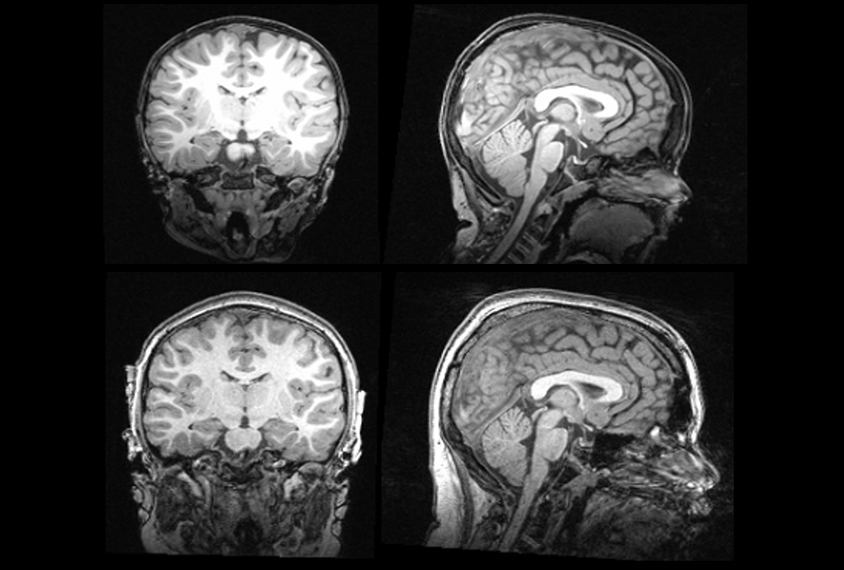
Big brain may mark subtype of autism
Autistic boys with large brains in early childhood still have large brains in adolescence, challenging the long-standing idea that brain enlargement in autism is temporary.
Autism, intellectual disability linked to levels of fragile X protein
People with particularly low levels of FMRP, the protein lacking in those with fragile X syndrome, are more likely to also have autism and severe intellectual disability.
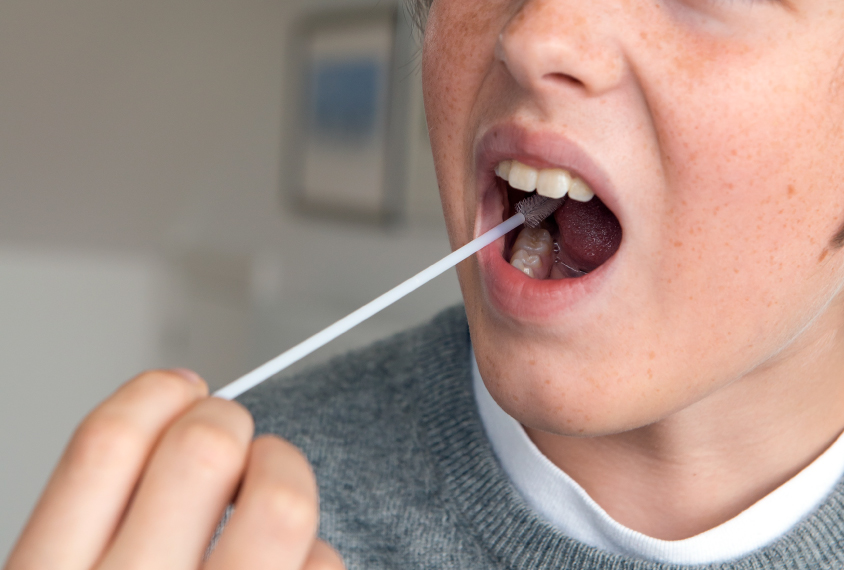
Autism, intellectual disability linked to levels of fragile X protein
People with particularly low levels of FMRP, the protein lacking in those with fragile X syndrome, are more likely to also have autism and severe intellectual disability.
Explore more from The Transmitter
Dendrites help neuroscientists see the forest for the trees
Dendritic arbors provide just the right scale to study how individual neurons reciprocally interact with their broader circuitry—and are our best bet to bridge cellular and systems neuroscience.

Dendrites help neuroscientists see the forest for the trees
Dendritic arbors provide just the right scale to study how individual neurons reciprocally interact with their broader circuitry—and are our best bet to bridge cellular and systems neuroscience.
Two primate centers drop ‘primate’ from their name
The Washington and Tulane National Biomedical Research Centers—formerly called National Primate Research Centers—say they made the change to better reflect the breadth of research performed at the centers.

Two primate centers drop ‘primate’ from their name
The Washington and Tulane National Biomedical Research Centers—formerly called National Primate Research Centers—say they made the change to better reflect the breadth of research performed at the centers.
Post-infection immune conflict alters fetal development in some male mice
The immune-conflict between dam and fetus could help explain sex differences in neurodevelopmental conditions.

Post-infection immune conflict alters fetal development in some male mice
The immune-conflict between dam and fetus could help explain sex differences in neurodevelopmental conditions.